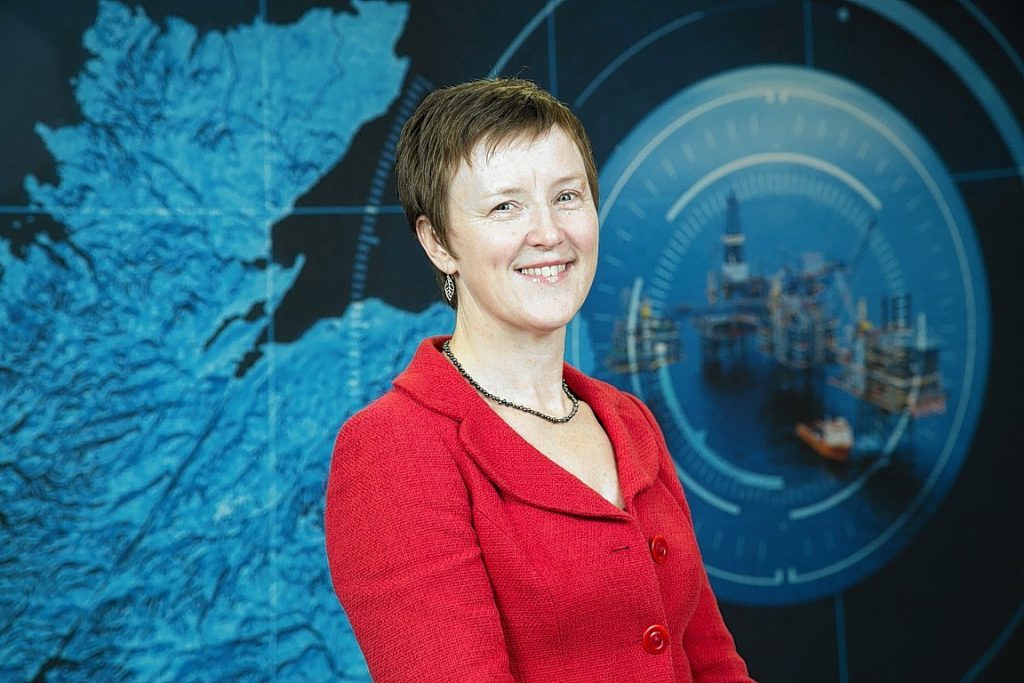
Steps are being taken to save oil and gas firms time and money and allow them more time to focus on low carbon activities.
Industry regulator the North Sea Transition Authority is moving to cut red tape and scrap the requirement for operators to submit cessation of production (CoP) reports.
CoP reports were produced when an operator was preparing to abandon an offshore field.
They gave information on matters including production history, recovery factor, operational costs, decommissioning outline and potential infrastructure re-use.
The aim was to establish whether a field had achieved maximum economic recovery, and developed all prospectivity in the area.
In some cases, preparing a CoP report could tie up two members of operators’ staff for up to six months.
But through the revised stewardship survey – combined with data available from other sources – the information can still be obtained, without repeating efforts.
In rare cases where further information is required, the NSTA may undertake prioritised and targeted reviews.
It is hoped that the doing away with red tape will allow North Sea operators to devote more attention to carbon capture and storage (CCS), platform electrification and hydrogen.
Brenda Wyllie, NSTA area manager, said: “We are absolutely committed to supporting industry in its twin goals of bolstering security of supply and cutting greenhouse gas emissions.
“This move frees up time for operators to focus on those core tasks and creates time for NSTA staff to support the energy transition.”
Over the past five years the number of CoP reports has average 16 a year, with 25 in 2021 – removing the staff time is tipped to save millions of pounds.
As they contained commercially confidential material, the CoP reports themselves were never published, though operators could use some of the information when submitting a relinquishment report.
Ms Wyllie said: “It is important that the NSTA and industry adapt to changing priorities and review our workflows for efficiency savings. Dropping the CoP reports is an example of that and I am sure this will be welcomed by industry, providing them a reduced work burden too.”
Recommended for you

